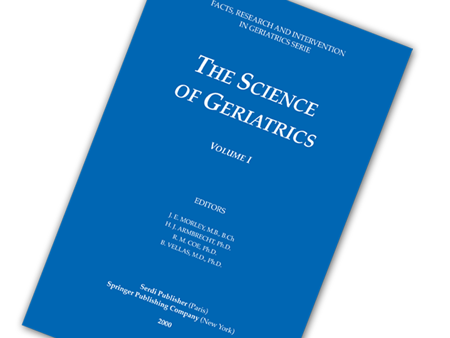A recent publication in the Jour of Nursing Home Research http://www.jnursinghomeresearch.com/
The elderly generally experience low occlusal force, which leads to decreased food intake. In this population, a soft diet with high protein content is necessary to avoid undernutrition. Here, authors developed a novel texture-modified chicken using yogurt, with a hardness lower than 40,000 N/m2. They applied a crossover design in Nursing home (long-term care health facility) in Kyoto, Japan from 12 to 24 June 2016. Participants: A total of 34 participants (mean age 89.7 years old, 82% female). Measurements: The proportions of minced chicken, yogurt, water, and potato starch in the texture-modified chicken were measured. The hardness and intake rate of teriyaki chicken using texture-modified chicken and conventional chicken thighs were also measured. Results: The amount of minced chicken, yogurt, water, and potato starch in the texturemodified chicken provided in the nursing home was 49.0 g, 16.2 g, 2.4 g, 2.4 g, respectively. The hardness was approximately 30,000 N/m2, which was lower than that of teriyaki chicken using conventional chicken thigh (> 63,000 N/m2). The intake rates of teriyaki chicken using texture-modified chicken and conventional chicken thigh were 75.3% and 60.0%, respectively. Conclusions: We developed a novel texture-modified chicken for a soft diet using yogurt. The texture-modified chicken had both softness and high nutrient content. Continuance of efforts such as that described in this study will lead to the prevention of undernutrition in the elderly.



